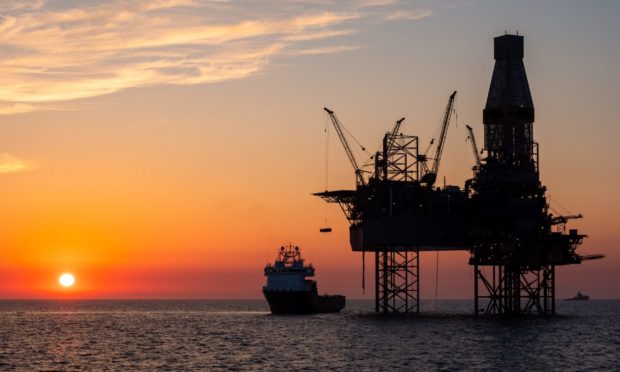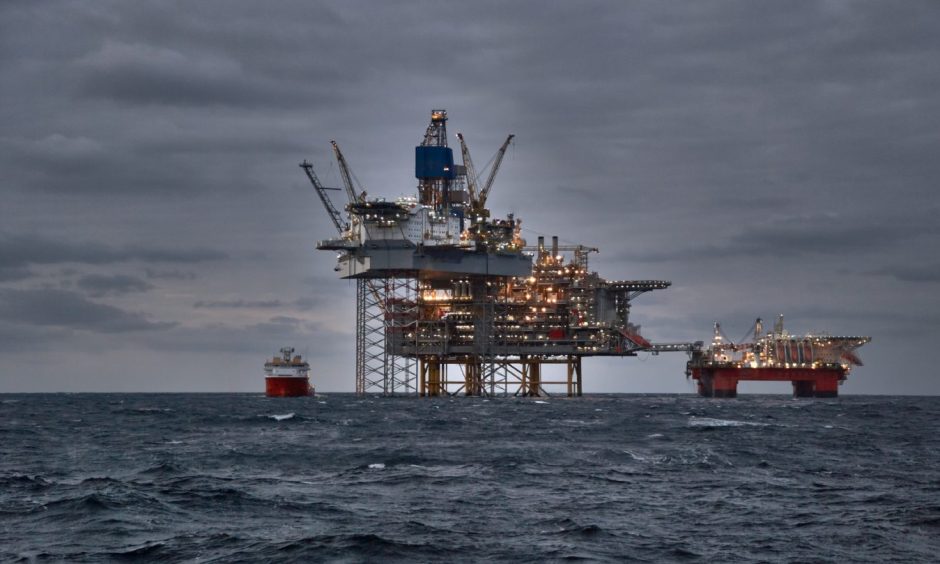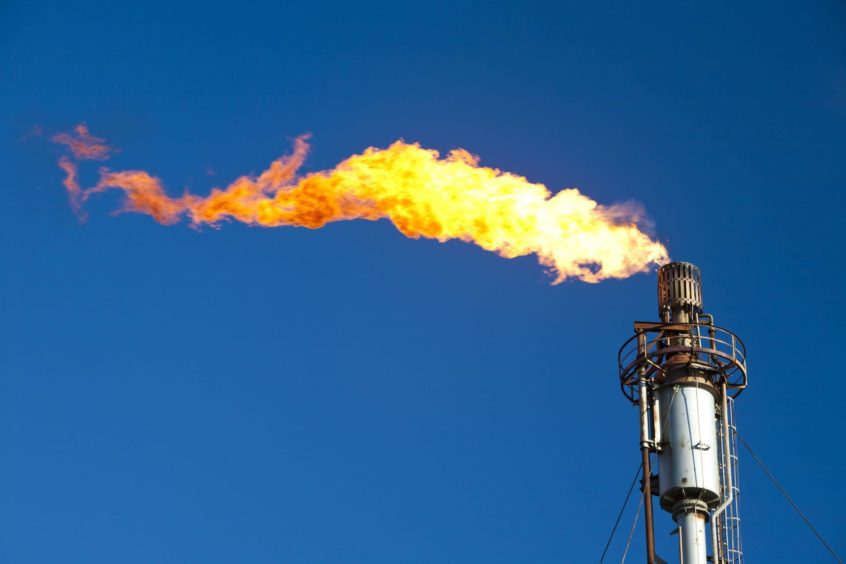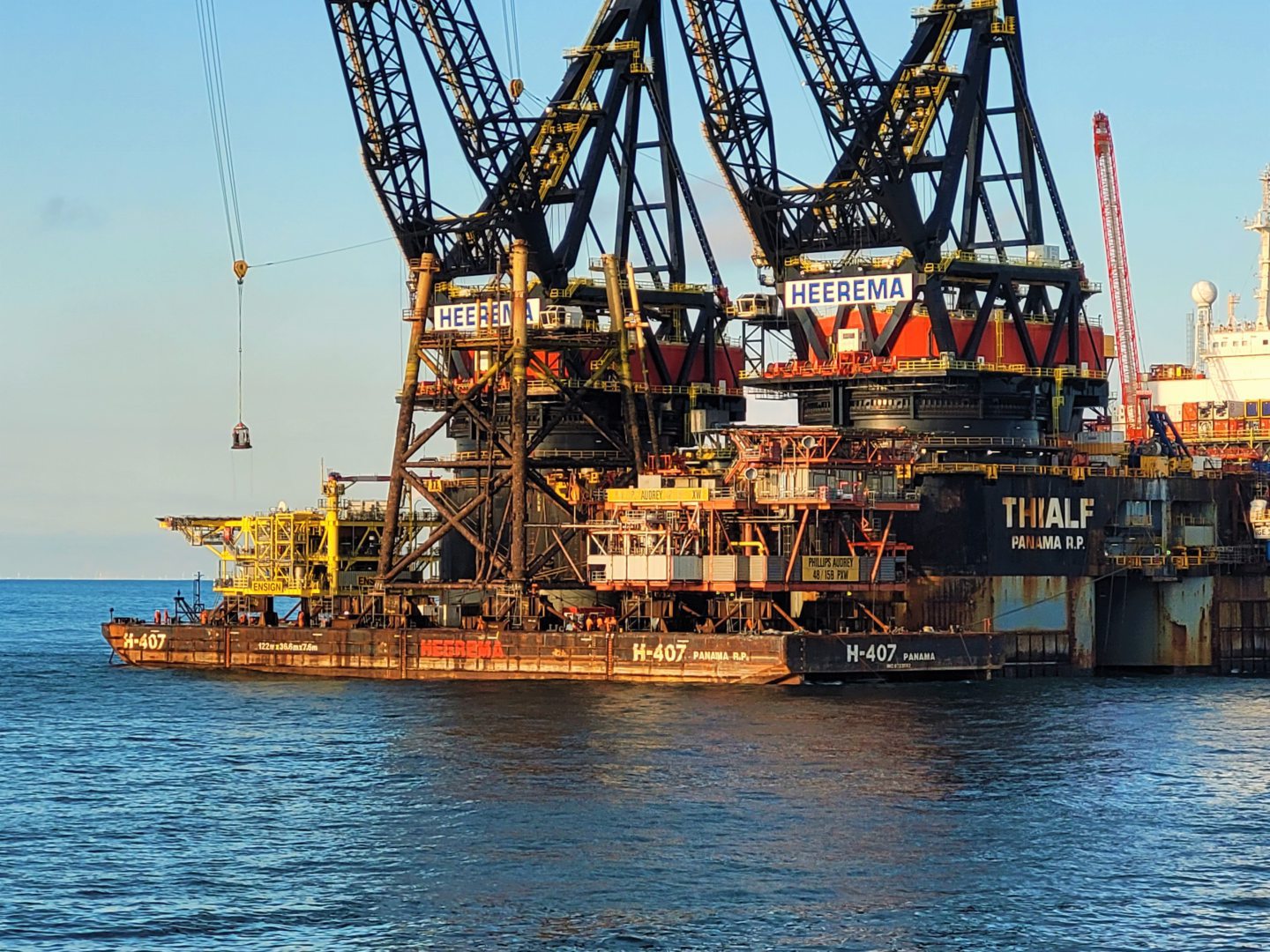North Sea operators have raised “serious concerns” over a new plan from their regulator, warning platform shutdowns may be “dramatically accelerated”.
Talks have been ongoing for weeks in a consultation by the North Sea Transition Authority (NSTA), which is looking to overhaul its carbon emissions strategy.
Sources told us the issue is causing anxiety in the operating community.
But NSTA said “bold action” is needed to slash emissions and protect the industry’s “social licence” to operate.
What could NSTA’s plan mean for UK’s offshore oil and gas industry?
Key to the regulator’s “OGA Plan” are proposals that would require a cessation of production (COP) for platforms operating at 50% above the UK North Sea CO2 emissions average.
This would impact many assets in the ageing sector. It would require any new production pre-2030 to be linked to “electrification ready” assets. And anything after 2030 would need to be hooked up to a fully electrified platform under the proposals.
Failure to comply could be met with sanctions, but there are fears the measures will also see assets shut down early and put operators off smaller tie-back developments.
This would likely leave the UK even more reliant on higher carbon intensive imports.
Sources told us NSTA was taking a “blinkered view” on the issue.
Domestic offshore oil and gas production accounts for only 3.4% of total UK emissions.
Operators fear NSTA’s plan could have “unintended consequences” on production, exploration, skills and the UK Treasury’s tax take from the sector.
‘It’s just not an attractive proposition’
But one industry source said: “The concern is around early COP and the investment case for sustaining production, versus the investment case with electrification and other decarbonisation methods. It’s just not an attractive proposition.”
Operators may view the proposals as “unreasonable” if they have assets with limited life spans, the source added.
Electrification is seen as key to meeting decarbonisation targets. But this is both expensive and complex, and operators are weighing up the investment against the remaining life of their fields.
Sources have also accused the regulator of “moving the goalposts” since the North Sea Transition Deal signed with the UK Government two years ago. It set industry-wide emissions goals, rather than a focus on specific assets.
Fiscal changes, including the windfall tax, have also changed the operating climate.
‘Future production? Forget it’
Another industry source said: “If you’re going to dramatically reduce the carbon intensity you’re allowed to have on any individual asset, then you’re going to dramatically accelerate cessation of production of some of the older stuff.
“Future production? Forget it. No one is going to invest because you can’t electrify a platform that’s going to stop production in three years’ time. You can’t make the economic case for it.
“You’re not going to explore for anything because there’s nothing to tie it into that’s electrified.
“You will basically close down the industry, or many of the assets within it, earlier.”
A top boss at one UK operator said there were “serious concerns” about the NSTA plan.
Its near-exclusive focus on electrification is “inappropriate”, they said, adding: “There are more cost-effective ways to reduce emissions.”
Ann NSTA spokesperson said: “Bold action is vital for industry to reduce emissions and ensure the UK has a domestic supply of energy produced as cleanly as possible. Net-zero and energy security go hand-in-hand.
“Industry maintaining its social licence to operate is fundamental to being in a position to maximise economic recovery.”
We need a plan that means we meet our climate goals in the most efficient, cost-effective way possible.”
Mark Wilson, Offshore Energies UK
The spokesperson added: “We understand electrification presents challenges. This is why we are giving stakeholders an opportunity to share their views on our proposals for reducing emissions in a variety of ways.”
The consultation runs to November 30 and the result will inform the regulator’s strategy, underpinned by the UK Government, with associated sanctioning powers.
Mark Wilson, HSE and operations director at trade body Offshore Energies UK said: “We need a plan that means we meet our climate goals in the most efficient, cost-effective way possible, while continuing to deliver cleaner, reliable supplies of homegrown energy.”



